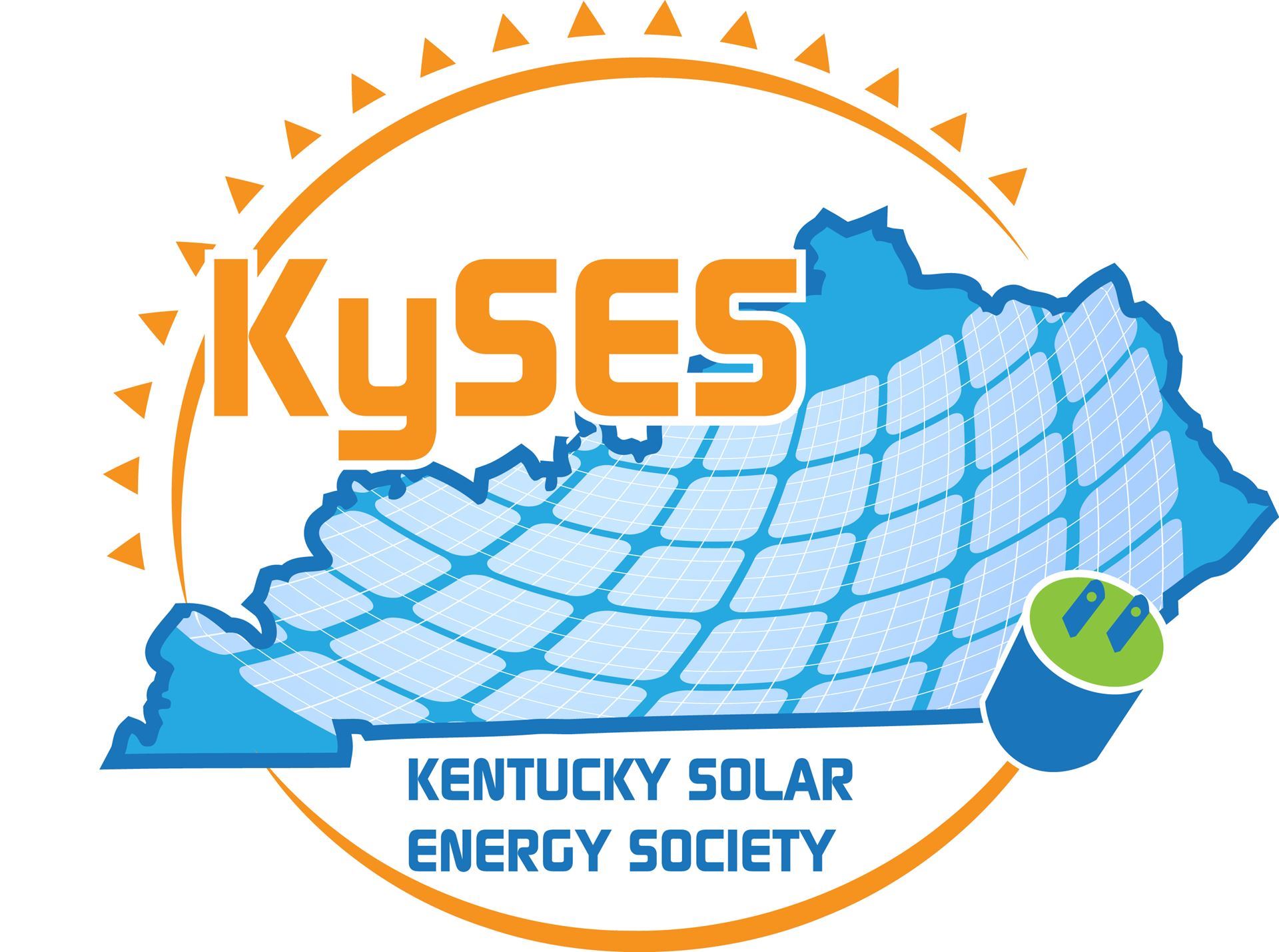Resources for Solar Customers
The
following resources can help guide you through the process of going
solar. If you’re just getting started, taking a look at the
GO SOLAR GUIDE from Solar United Neighbors
is recommended. (However, be aware that while solar leases and power
purchase agreements (PPA’s) are discussed in SUN’s Go Solar Guide, these
options are generally not available for homeowners and small businesses
in Kentucky.)
CHOOSING A SOLAR INSTALLER:
GET THE RIGHT INFORMATION AND WATCH OUT FOR SCAMS
We recommend downloading our factsheet, “Choosing a Solar Installer.” It provides a printout of the information provided below.
What To Find Out from A Potential Installer
1. Certifications and Organizational Memberships
- Are their employees certified by the North American Board of Certified Energy
Practitioners (NABCEP)? This will verify that installers are trained and tested to industry standards. NABCEP-certified solar installers are listed at NABCEP.org, under “Professional Directories.”
- Is the company a member of the Kentucky Solar Energy Industries Association (KSEIA), and have they agreed to the SEIA Solar Business Code?
2. Electrical Expertise
Ask if your installer has Journeyman or Master level electrician expertise and certification in-house. You might prefer to avoid companies that subcontract installation rather than doing it themselves.
3. Roofing Issues
Ask if your installer uses approved solar roofing products to protect against leaks for the next 25 years. Ask for specification sheets on the products they use to get more information.
4. Training of Company Employees
Ask if the person designing the system is fully trained in the technical, electrical, design, and regulatory aspects of solar. NABCEP Installation Professional (PVIP level) certification for the designer is good.
5. Determining your Suitability for Solar and Likely Production
- Will the installer visit your home for a detailed review of shading, roof, electrical and structural details?
- Will the installer use specialized shade reading equipment to provide an accurate, site-specific estimate of solar energy production?
- Will your system be designed by a qualified solar professional?
6. Return on Investment Calculations
Ask for detail of how the installer calculates the return on your investment. For example,
- If the ROI calculation uses a percentage escalator for future utility rates, what percentage do they use? Exaggerated assumptions about future utility rate increases can create unrealistic projections of future financial returns. (“According to the U.S. Energy Information Administration (EIA), electricity prices have increased 1.8% per year in the United States for the past 25 years.”)
- Do ROI calculations consider the degradation of solar panel power output over time?
7. Permits, Inspections, Connections
Will your installer handle all permitting, inspections, interconnection, and net metering applications?
8. Background Checks
Will your installer provide background checks of all installation, sales, and office staff?
9. Warranties
Three types of warranties can be associated with a solar panel system:
- Equipment warranties. The materials warranty and output warranty on the solar panels can be different, so ask. Some materials, like the inverter, offer extended warranties.
- Workmanship warranty. Ask how long the workmanship warranty is and how long the company has been in business, and how many systems they have installed.
- 3rd party extended warranty (if offered). This warranty would be backed by someone other than the company doing business. The extended warranty can cover everything from workmanship, to parts, to labor for up to 25-30 years. Good questions to ask are, who backs the extended warranty, what does it cover, and is it transferable?
10. Track Record
Does your installer have a history of successful projects? Ask for a list of local references.
Watch Out for Scams and Hard Sell Tactics
1. Do they push you in to a quick signing? Be sure they allow you time to think.
2. Are they offering false freebies? Instant “Rebates” may just bring rates down to the price of competitors, or hide the fact that their rates are above market and will cost more in long term.
3. Are their incentives time limited? Suggesting that a special financing rate or incentive is only available for a very short time (e.g., 48 hours) is designed to pressure you into signing on the spot. THAT IS A DANGER SIGN!
4. Watch out for excessive charges for getting out of the contract or making changes in the contract.
5. Watch out for attempts to over-inflate the projected return on investment (for example, they may overestimate future utility rate increases). Get details on how the return on investment is calculated.
6. They should not imply that a solar system with battery storage or a single brand of technology is the only option available. (There are actually many brands and designs to choose from.)
To learn more, read "How to Spot a Solar Scam” from Solar United Neighbors.
Watch Out for Misleading Advertising
1. Ads may look like an article from an independent publication with a picture of a politician or government official appearing to sign legislation.
2. Ads might exaggerate the up-front costs of a solar installation and make it look like getting financing is the only option.
3. Ads may put false time or area limits on their financing, or falsely claim government sponsorship. To learn more, read “How to Spot Misleading Solar Ads” from Solar United Neighbors.
ALWAYS GET MULTIPLE QUOTES!
